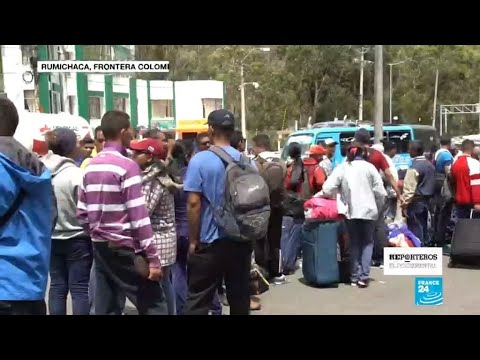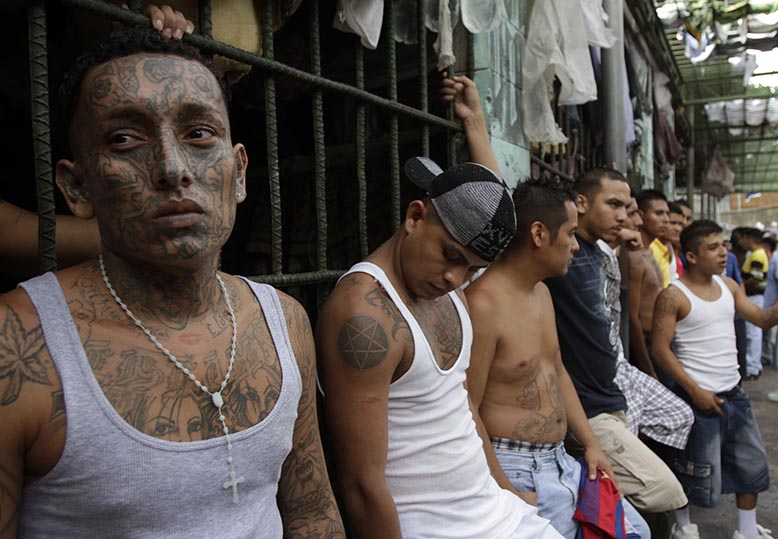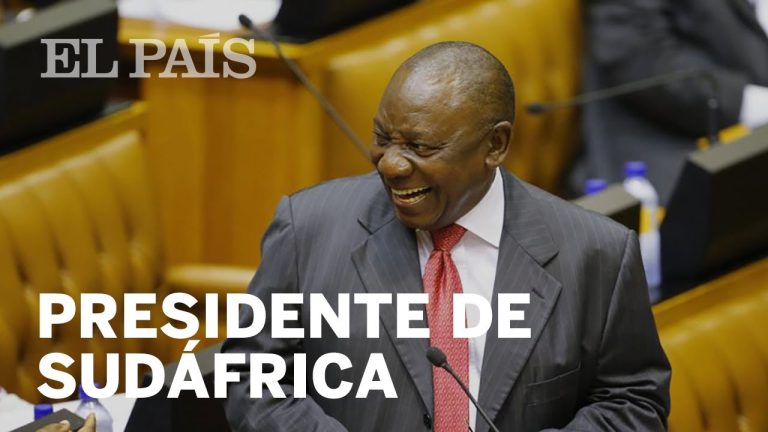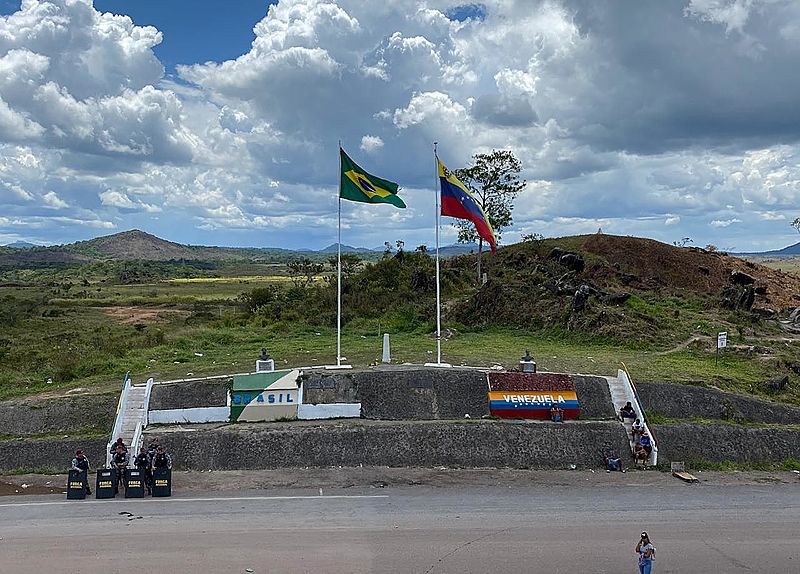Contenidos
Como se dice mochila en venezuela
How do you say backpack in cuba?
I tell you that this meaning, if I knew it, it is a long backpack, it is used a lot by the South American Indians and I particularly have seen it a lot to the Colombians, in fact I have one, it was a gift from a friend, brought from Bucaramanga…besides being here in Venezuela an indigenous word, a population, a surname, a forest, etc.».
I think we are in sync. Although I would say that «bulto» as an expression, we use it at school to refer to any type of bag, suitcase, backpack that we use to carry school supplies…
In El Salvador, the distinction between a backpack and a knapsack is quite clear: a backpack is a kind of bag, woven in thread, handmade and worn over the shoulder. Backpacks are used almost exclusively by women; mochila, on the other hand, is a factory-made product, made of synthetic fabric, much more elaborate than a backpack and is worn behind the back, not on the shoulder. Backpacks, unlike backpacks, are mostly used by men.
How to say backpack in guatemala
A backpack or backpack is a container for carrying luggage, usually attached to the back by straps or bands that pass over the shoulders and are tied at the waist.[1] Its use has generated the term mochilero (backpacker).
This word can also be associated with the sack or bag of strong cloth that hunters and hikers wear on their backs, and can even designate the primitive bag of shepherds. In Venezuela it is also known by the name of bag or ‘bulto’,[citation needed] and in Colombia, the word mochila usually refers to the Arhuaca backpack).[citation needed].
These backpacks or macutos, which were primitively made of leather or animal skin, are those that exceed the capacity of 40 liters and are usually made of resistant materials, such as polyamide. Several parts can be differentiated:
They can be made of various materials such as leather, polyester, polyurethane, PET, vinalon or nylon, among others. Their elements are usually resistant to withstand day-to-day and repeated use.
How do you say backpack in bolivia?
I tell you that this meaning, if I knew it, it is a long backpack, it is used a lot by the South American Indians and I particularly have seen it a lot to the Colombians, in fact I have one, it was a gift from a friend, brought from Bucaramanga…besides being here in Venezuela an indigenous word, a population, a surname, a forest, etc.».
I think we are in sync. Although I would say that «bulto» as an expression, we use it at school to refer to any type of bag, suitcase, backpack that we use to carry school supplies…
In El Salvador, the distinction between a backpack and a knapsack is quite clear: a backpack is a kind of bag, woven in thread, handmade and worn over the shoulder. Backpacks are used almost exclusively by women; mochila, on the other hand, is a factory-made product, made of synthetic fabric, much more elaborate than a backpack and is worn behind the back, not on the shoulder. Backpacks, unlike backpacks, are mostly used by men.
How do you say «mochila» in chile?
I tell you that this meaning, if I knew it, it is a long backpack, it is used a lot by the South American Indians and I particularly have seen it a lot to the Colombians, in fact I have one, it was a gift from a friend, brought from Bucaramanga…besides being here in Venezuela an indigenous word, a population, a surname, a forest, etc.».
I think we are in sync. Although I would say that «bulto» as an expression, we use it at school to refer to any type of bag, suitcase, backpack that we use to carry school supplies…
In El Salvador, the distinction between a backpack and a knapsack is quite clear: a backpack is a kind of bag, woven in thread, handmade and worn over the shoulder. Backpacks are used almost exclusively by women; mochila, on the other hand, is a factory-made product, made of synthetic fabric, much more elaborate than a backpack and is worn behind the back, not on the shoulder. Backpacks, unlike backpacks, are mostly used by men.







